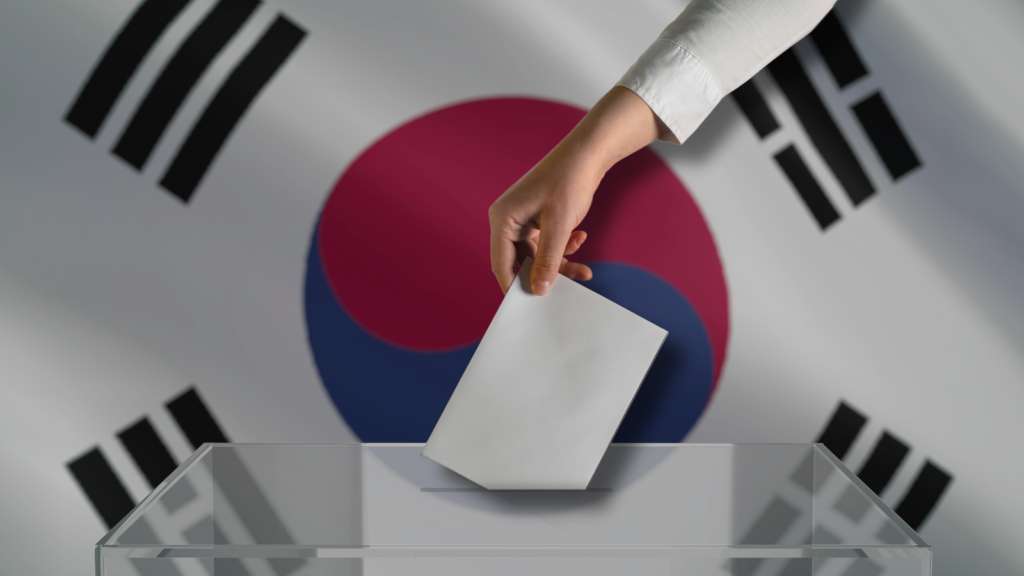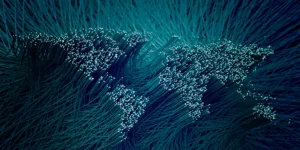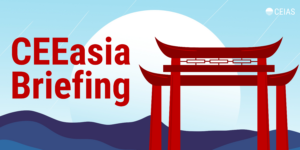National Assembly elections showed low support for the ruling party and President Yoon Suk-Yeol. He will now face even fiercer opposition to his domestic reforms and criticism of his foreign policy activities than he did in his first two years in office.
The 22nd parliamentary election in South Korea took place on April 10, 2024. The results confirmed what the polls predicted: The opposition liberal Democratic Party of Korea (DP) defeated the ruling People Power Party (PPP) of President Yoon Suk-Yeol.
To the media and analysts, it was among the biggest losses suffered by a ruling party in Korean political history. Out of 300 hundred seats (253 represent single-member constituencies and 47 a proportional representation) in the National Assembly, the opposition DP won 175 seats, 14 more than it had in the previous Assembly. The ruling PPP won only 108 seats, although this was up from 103. In addition, the Rebuilding Korea Party (RKP), led by a former justice minister, Cho Kuk, received 12 seats. With minor parties and independent candidates, the opposition now controls 192 seats in the National Assembly.
Election complicates Yoon’s presidency
The election’s impact is expected to complicate the domestic political initiatives of Yoon Suk-Yeol’s administration. Indeed, domestic politics are considered the main reason behind the defeat of the president’s party. President Yoon is the first South Korean president since the 1980s to have had constantly low approval ratings. Just a month after being elected president in May 2022, they fell to around 30%. They have never been more than 50% since his presidential victory. Moreover, after April’s National Assembly elections, they fell to 23%, a new low.
There are several reasons for Yoon’s low popularity. Some are related to global economic trends: inflation, rising housing prices, etc. However, some reflect negative reactions to the government’s announced reforms, such as an increase in the number of medical students planned for 2025, which sparked a radical reaction among medical community members. In addition, agricultural prices have grown in recent months. The actions taken by the government do not seem to help the situation. Moreover, new necessary legislation has been complicated by clashes with the opposition over areas such as tax cuts, easing of business regulation, and expansion of family support. After the recent election, the situation is not going to change.
During the recent campaign, a scandal emerged involving the First Lady, who accepted a Dior bag as a gift. This sparked public criticism and the President’s office had declined to comment on the issue. In addition, there are accusations about Yoon’s relatively high travel expenses. This is a rather curious series of events since he became known for his role in the indictment of two former South Korean presidents, Park Guen-Hee and Lee Myung-Bak. In addition, as prosecutor general, he investigated Cho Kuk, the leader of the RKP, which led to a trial and Cho being sentenced to two years in prison and his wife to four years. After the recent National Assembly elections, Cho Kuk announced a planned investigation into the Yoon’s activities.
Potential Impact of Election on Foreign Policy
In the South Korean political system, the National Assembly has limited foreign policy powers. Therefore, the possibility of the election results impacting South Korea’s foreign policy is slight. According to some analysts, now that the opposition controls the Assembly, President Yoon will focus his attention on foreign policy issues.
Despite the opposition from the DP over the previous two years, Yoon launched a value-based foreign policy, supporting Ukraine and hosting the Summit for Democracy to strengthen South Korea’s global position. He launched the strategy of turning South Korea into a global pivotal state. As part of this strategy, Seoul not only seeks to strengthen alliance ties with the United States but potentially also with Japan and all like-minded (democratic) countries such as EU member states and the EU itself, as well as with NATO. Indeed, we have seen a deepening of relations between South Korea and the EU in recent years, especially regarding security cooperation, as a reaction to the Russian war in Ukraine and growing Russian relations with North Korea. This will probably not change, although the focus of mutual relations remains on trade and economic ties.
The DP’s strengthened position in the National Assembly will result in even louder criticism of Yoon’s policy, especially from his competitor in the last presidential election, the DP leader Lee Jun-Seok. Lee has criticized the strengthening of the trilateral cooperation with the US and Japan. In addition, he called for more engagement with North Korea and improvement of relations with China. Moreover, during the campaign, Lee criticized the government’s position on China-Taiwan relations. Lee sees China as a country South Korea should be thankful for and should not intervene in China-Taiwan relations.
Overall, South Korea’s foreign policy is not likely to change since the National Assembly has only a minimal role. However, the opposition can use the chamber to constrain Yoon in his remaining two and half years as president, the same way the current ruling party did with former president Moon Jae-in. The opposition can use the President’s effort to improve relations with Japan as a source of criticism, given that there are many unresolved issues between both countries, as well as the President’s policies over North Korea, as the northern neighbor will not denuclearize and the mutual relations are rather bad at present.








